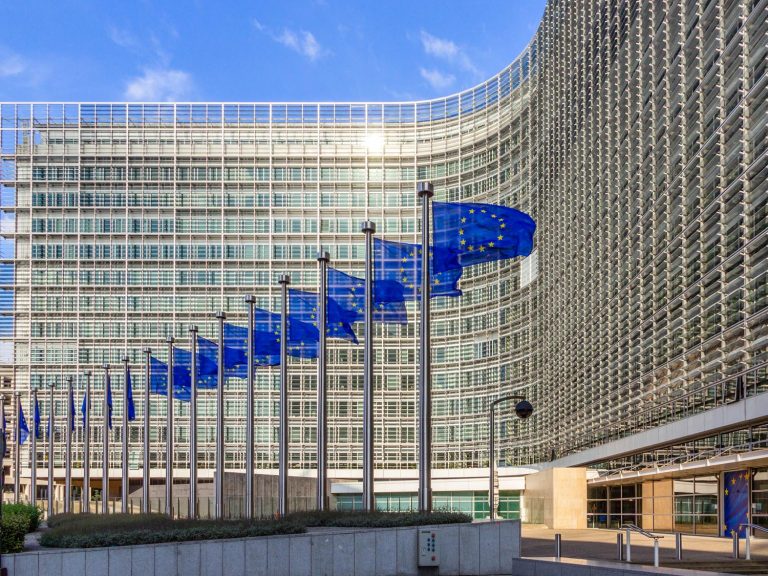
Date:
New EU emissions trading system for road transport
EU Member States formally adopted the new emissions trading system in road transport (ETS II) last month, but the road freight industry insist 2027 is “too soon to launch”, given the absence of refueling and EV charging infrastructure.
The Council of the EU in April, adopted a new emissions trading system for road transport (ETS II). The system will apply to road transport fuel suppliers starting 2027 unless oil and gas prices are exceptionally high and while the International Road Transport Union (IRU) welcomes the later date – having originally been set for 2024 – they think it is still too early.
Industry pundits believe that the EU’s decision reflects a lack of understanding of the make-up of the haulage sector. While larger road transport firms would adapt to meet the new system, over 70% of capacity comes from SME hauliers, who will see their slender margins squeezed to the point that business may no longer be profitable for them.
The IRU think that the compromise to launch ETS II in 2027 – compared to 2024, as initially supported in the European Parliament, or even 2025 and 2026, as first proposed by the European Commission – is significantly more realistic, given the expected pace of infrastructure and technological development.
The IRU argued throughout the legislative process that 2027 is too soon and are glad that the EU demonstrated some pragmatism, by not settling for an even earlier date, considering earlier proposals had unrealistic start dates or impractical distinctions between private and commercial vehicles.
The road transport sector’s call to charge carbon emissions as efficiently as possible is reflected in the text formally adopted by the Council. ETS II will generally supersede existing national schemes, unless national schemes set higher prices for allowances.
The IRU maintain that when it comes to decarbonisation, ETS II is not particularly effective and it is unlikely that the necessary conditions, such as EU-wide charging and refueling infrastructure, for a substantial transition to zero-emission heavy-duty vehicles, will be in place for years.
Metro’s European road transport solutions incorporate dedicated vehicles moving on set routes, with defined delivery deadlines, using GPS tracked trucks, to provide full transparency on transit schedules throughout the UK and mainland Europe.
Metro’s reliable services, specialised equipment and operational excellence, develop resilient road freight solutions for the most complex and demanding supply chains.
To explore the potential of our short-sea container, unaccompanied trailer and road transport services EMAIL Matt Paxton-Rhodes to begin a conversation.
